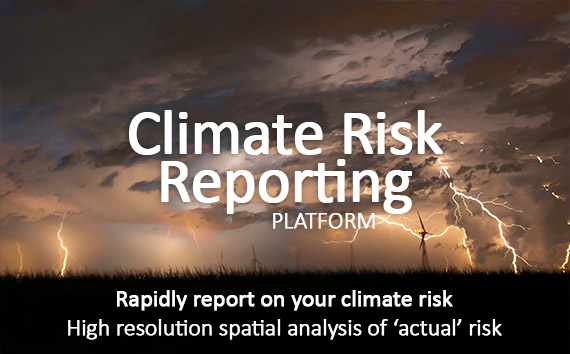Source: Bureau of Meteorology
For people in parts of North West and Channel Country Forecast
Districts.
Issued at 5:01 pm Saturday, 3 February 2024.
HEAVY, LOCALLY INTENSE RAINFALL AND DAMAGING WINDS MOVING SLOWLY
SOUTH.
Weather situation: Ex-Tropical Cyclone Kirrily is currently
located west of Camooweal, close to the Northern Territory border.
The system will continue to track to the south close to the
Northern Territory border and move into the Channel Country later
tonight, before picking up speed and obtaining a more southeasterly
track late Sunday.
HEAVY RAINFALL which may lead to FLASH FLOODING is expected in
western parts of the North West and Channel Country districts.
Six-hourly rainfall totals between 50 and 80 mm are likely, more
likely near the Queensland and Northern Territory border. 24-hourly
totals between 80 and 150 mm are possible.
Locally INTENSE RAINFALL which may lead to DANGEROUS AND
LIFE-THREATENING FLASH FLOODING is also possible close to the low,
particularly on the southern and western sides of the system.
Isolated six-hourly totals between 80 and 120 mm are possible with
24-hourly totals exceeding 200 mm. A separate Severe Thunderstorm
Warning will be issued if VERY DANGEROUS THUNDERSTORMS with INTENSE
RAINFALL are detected.
DAMAGING WIND GUSTS in excess of 90 km/h are also possible across
the warning area, particularly associated with thunderstorms and
heavy showers.
A Flood Watch and several Flood Warnings are also current for the
North West, Central West, Channel Country and Gulf of Carpentaria
catchments
Locations which may be affected include Birdsville, Camooweal,
Bedourie, Urandangi, Glenormiston and Durrie.
Severe weather is no longer occurring in the Gulf Country district
and the warning for this district is CANCELLED.
Latest significant observations:
155 mm was observed at Herbert Vale in 24 hours to 9 am
Saturday.
142 mm was observed at Norfolk Station in 24 hours to 9 am
Saturday.
Emergency services advise people to:
* If you have children make sure they are with you or an adult you
trust.
* Park your car undercover away from trees.
* Close doors and windows.
* Keep asthma medications close by. Storms and wind can trigger
asthma attacks.
* Charge mobile phones and power banks in case the power goes
out.
* Put your pets somewhere safe and make sure they can be
identified in case they get lost.
* Do not drive now unless you have to because conditions are
dangerous.
* Tell friends, family and neighbours in the area.
* Go inside a strong building now. Stay inside until the storm has
passed.

03/Feb/2024 07:08 AM



